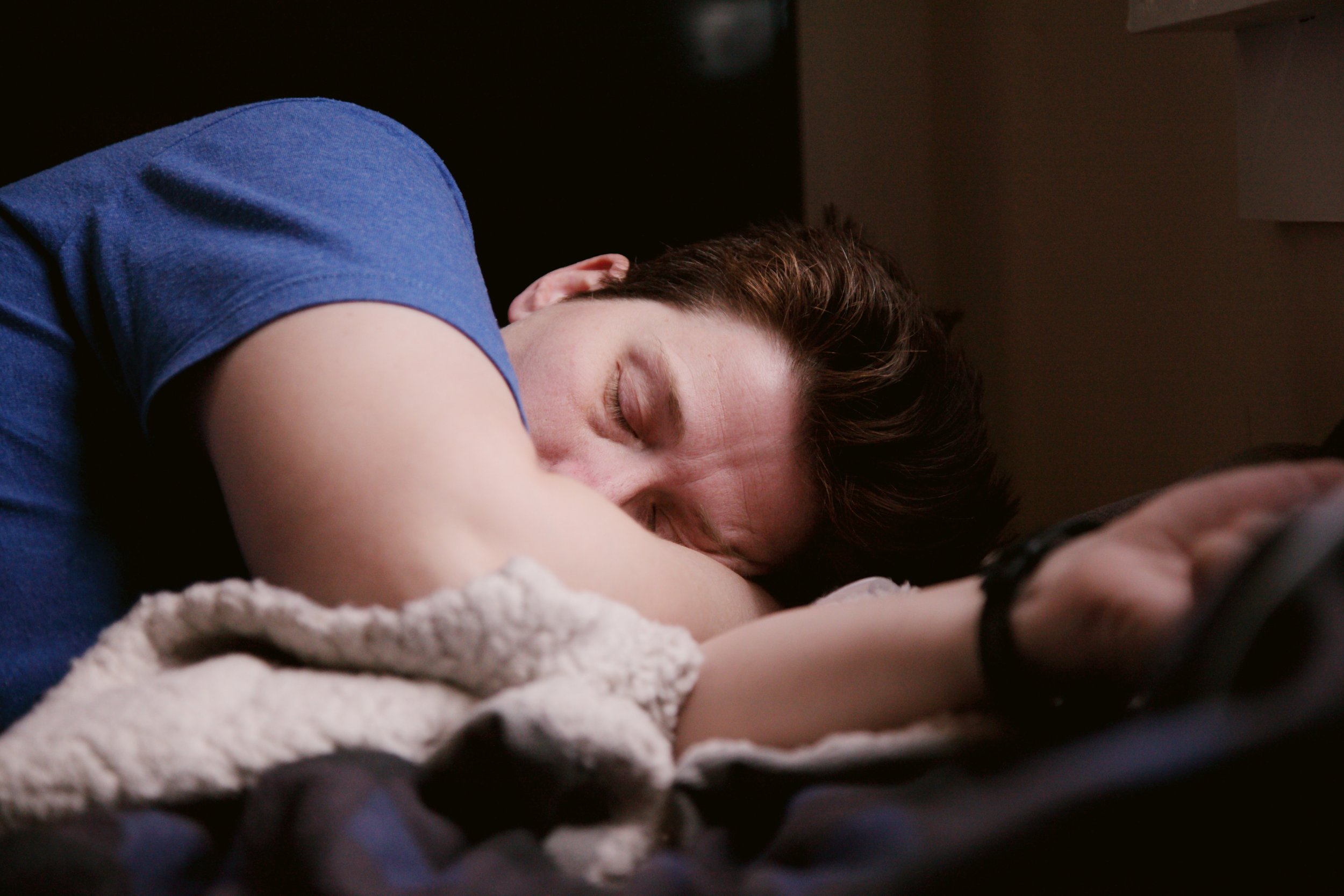What is Insomnia?
Trouble sleeping? Insomnia manifests as having difficulty falling or staying asleep, often leading to significant distress or impairment in daytime function. More so, insomnia is more connected with the quality of sleep rather than the quantity. It is estimated that nearly 25% of Americans struggle with some amount of insomnia each year. This can significantly impact the emotional, physical, and mental well-being as it hinders the individual's brain's ability to restore itself. Insomnia is usually a significant malady that is either physical or psychological. These maladies could include stress, arthritis, chronic pain, depression, anxiety, and overstimulation, to name a few. These maladies can be hard to overcome on their own but even harder when one suffers from insomnia.
Because of the risks of this disorder, such as significant impairment during daily activities, higher risks for accidents and falls, and overall low quality of life, we must treat insomnia just as diligently as other mental health disorders. Getting restful sleep is important for our brains and our bodies. Getting more sleep can alleviate symptoms of co-occurring disorders such as depression or anxiety. Going through life struggling with insomnia can be draining, but treatments available can help.
For many, insomnia is a persistent condition, with 74% reporting symptoms for at least one year. Persistence is more common in women, the elderly, and those with more severe insomnia. A family history of insomnia is also common, occurring in 35% of individuals.
Insomnia is strongly associated with mental disorders, most commonly depression, anxiety, and post‐traumatic stress disorder. Most people with significant depression report insomnia, and those with insomnia are more likely to have a depressed mood. Insomnia also predicts developing mental health problems, including depression, anxiety, bipolar disorder, and suicide. If any of this sounds familiar to you, you may struggle with insomnia.
The daytime dysfunction caused by insomnia can manifest in many ways, such as:
Fatigue
Impairment in attention
Concentration
Memory impairment
Impaired social
Occupational or academic performance
Mood disturbance
Irritability
Hyperactivity
Impulsivity
Aggression
Reduced motivation
How can Neurofeedback help with Insomnia?
Neurofeedback can help treat insomnia as it can treat both physical and psychological maladies, thus treating insomnia itself. Neurofeedback treatment can help the brain function more optimally, therefore, treating the symptoms at the source and giving the individual the opportunity to long-term relief void of any medication or other treatments.
Neurofeedback Individual Therapy in Houston- League City and The Woodlands
Our clinicians support and assist clients in connecting with their authentic selves and learn to be their best selves. Also, behaviors will be evaluated that are not currently working for them. We utilize the Neurofeedback therapy modality. The neurofeedback modality is research-based and shows success based on the particular issues and the client.
Therapy Options for You
Our greatest desire at ADHD and Neurofeedback is to help each feel comfortable and hopeful about their therapy process. Please feel free to contact us with any questions or concerns. We also offer a free consultation to help assess how therapy can benefit you and help you to feel peace and happiness again. We provide Neurofeedback therapy services in both Houston, Kemah, the Woodlands areas, and Utah County.
